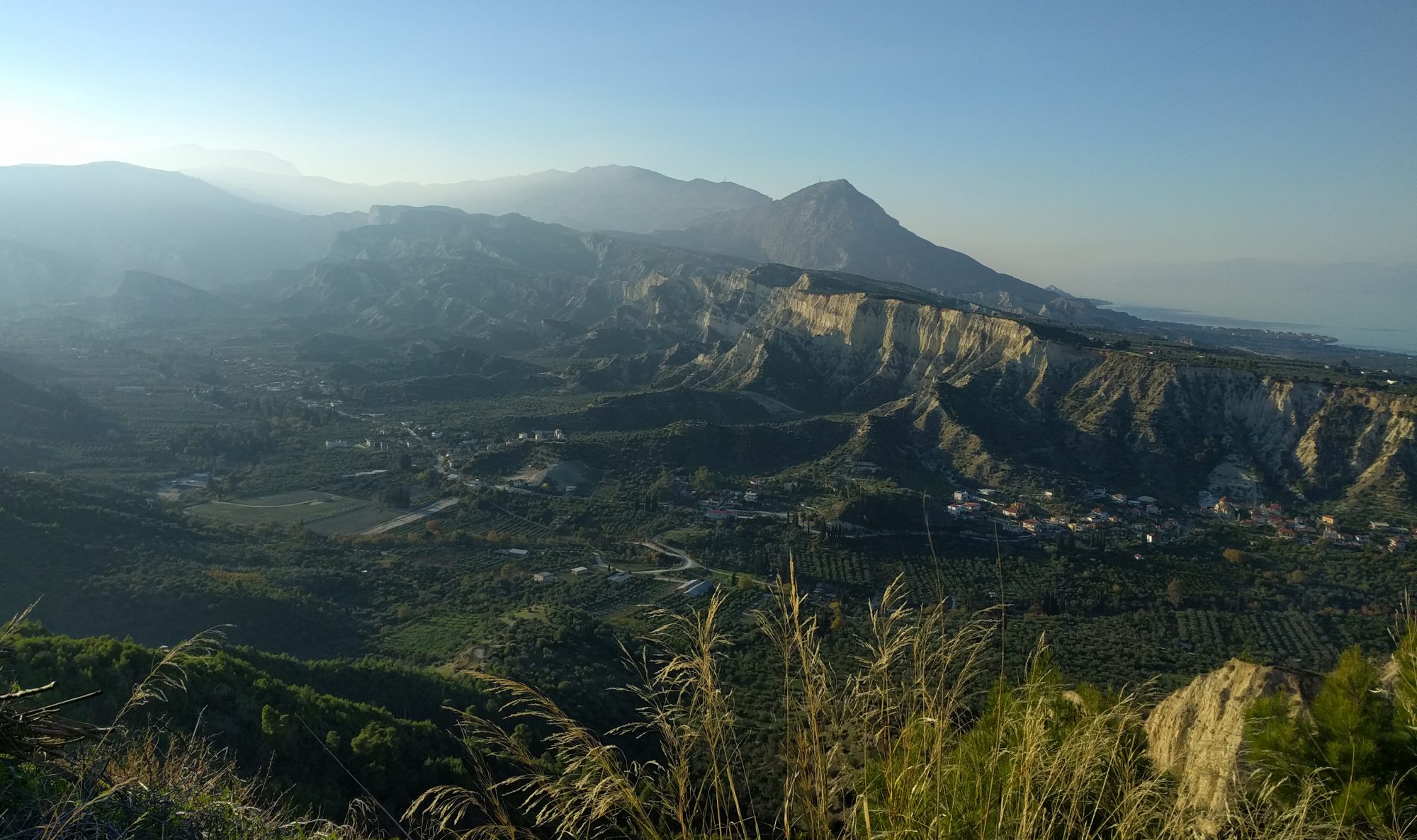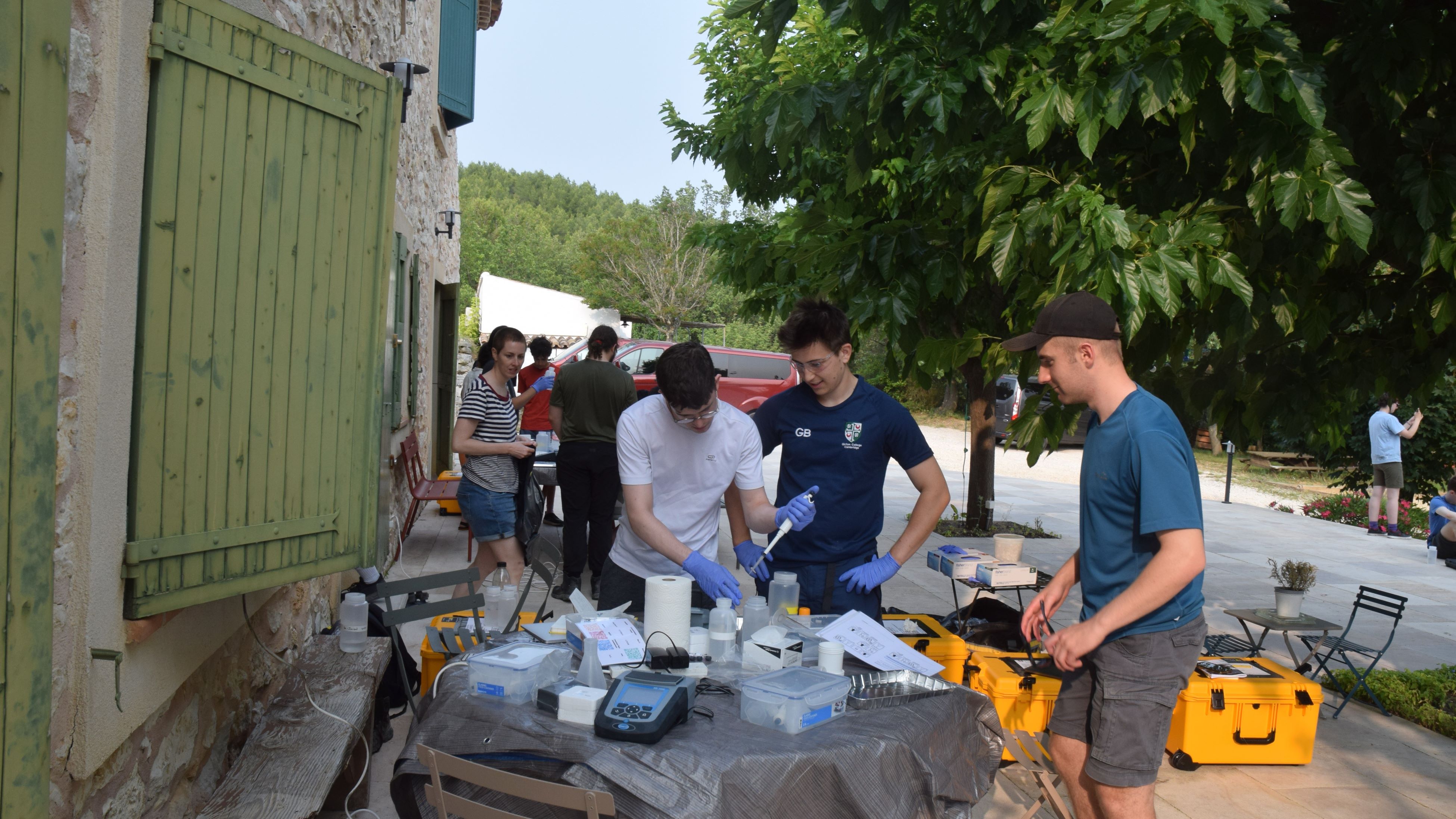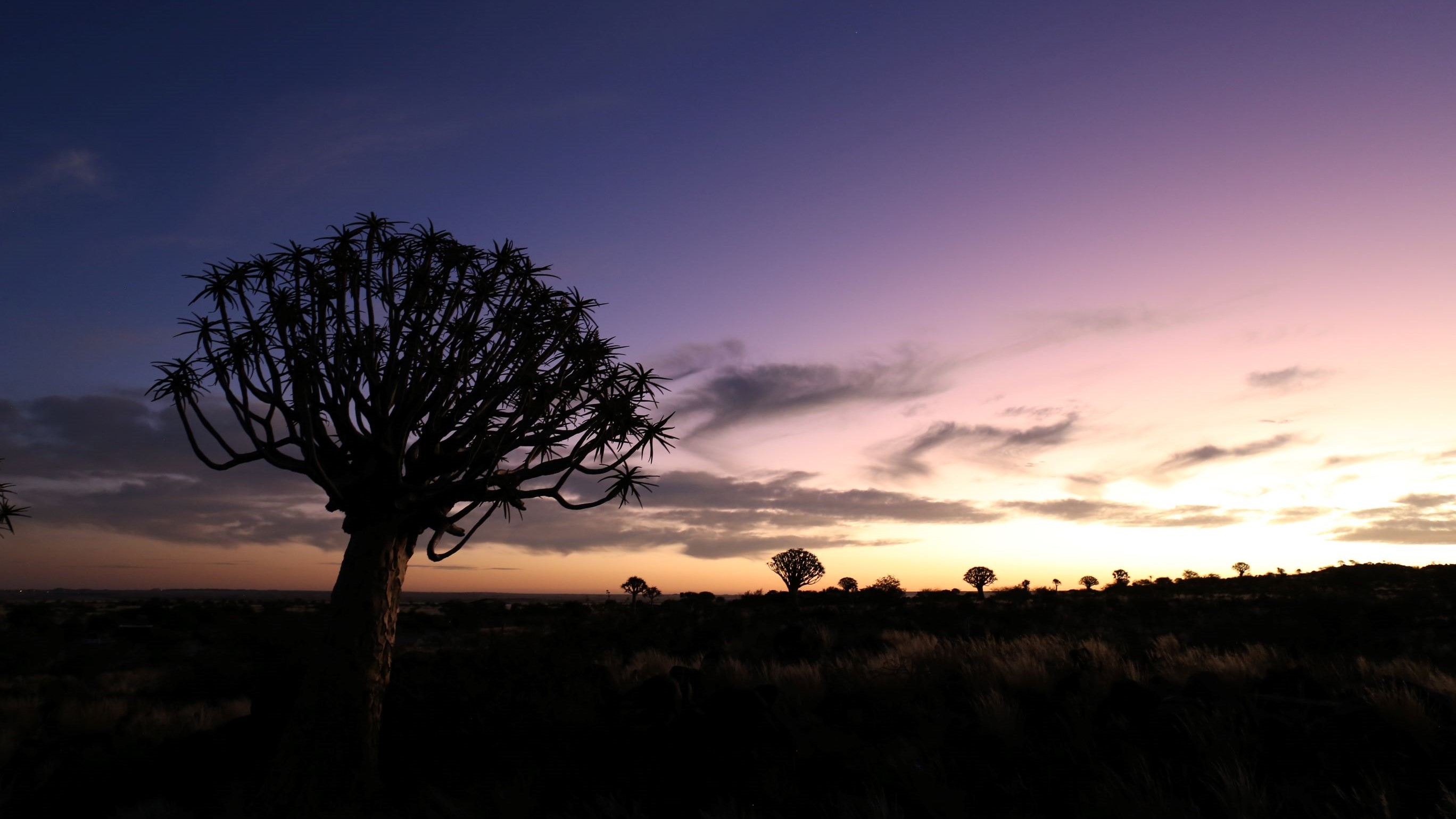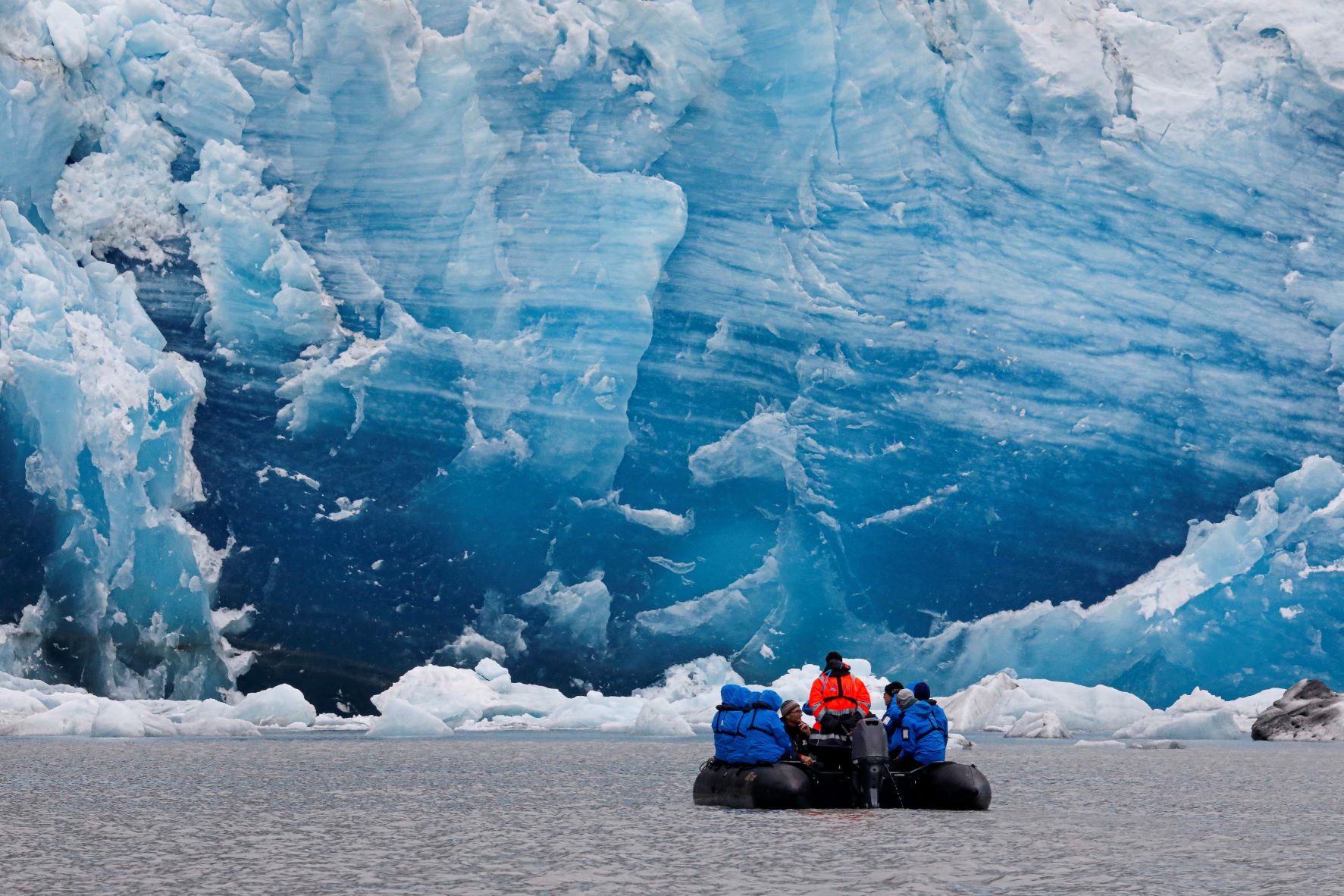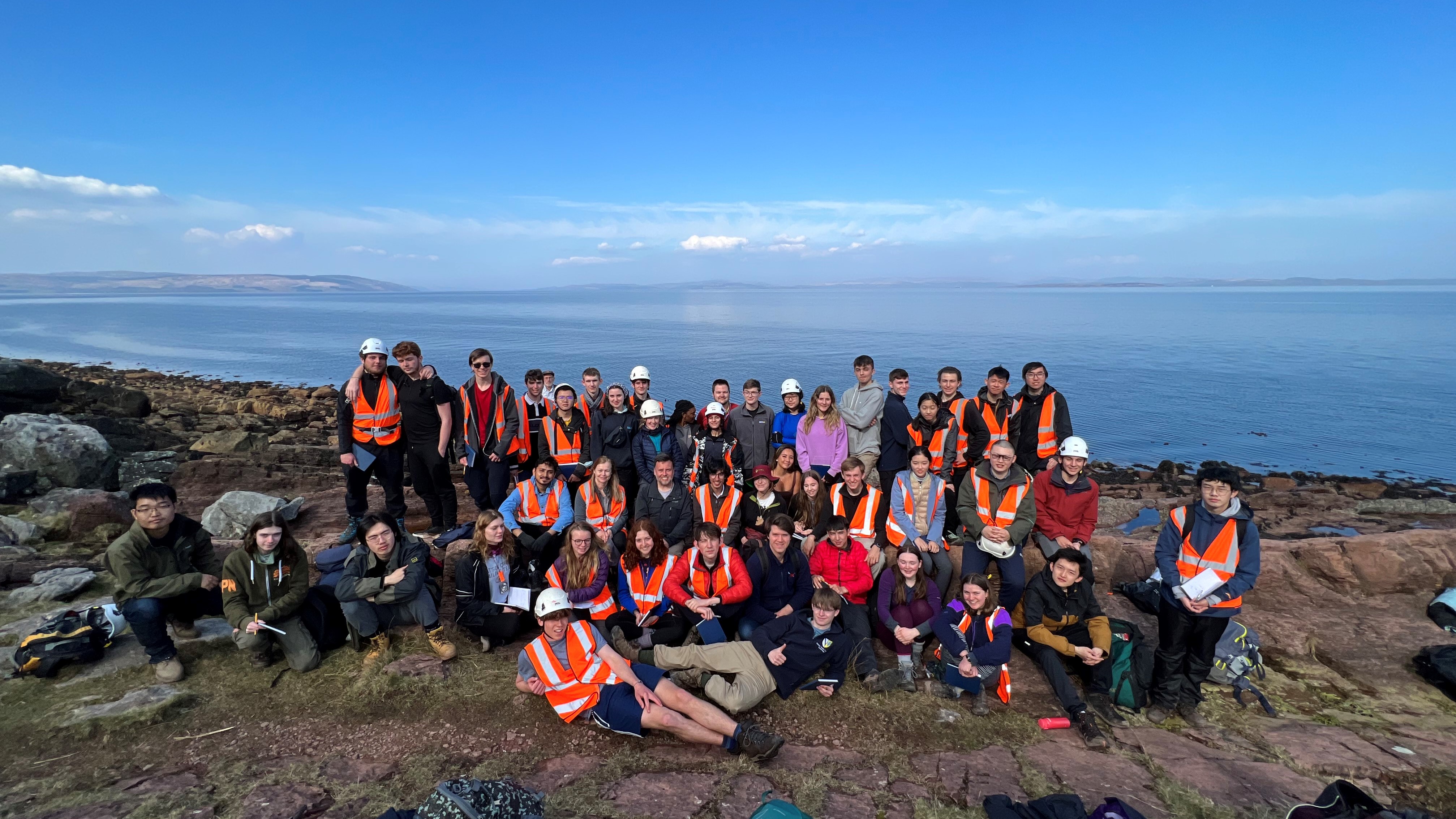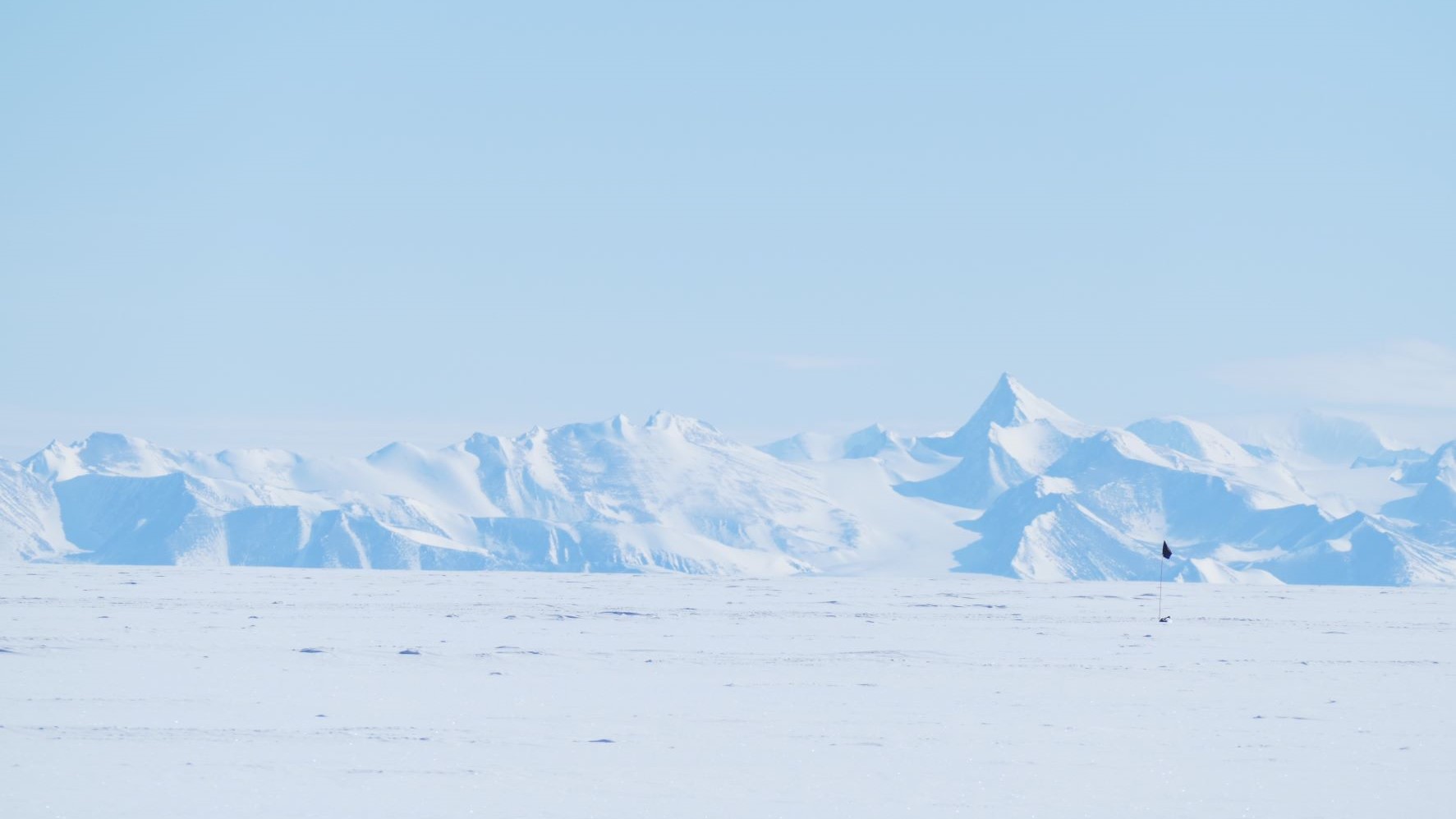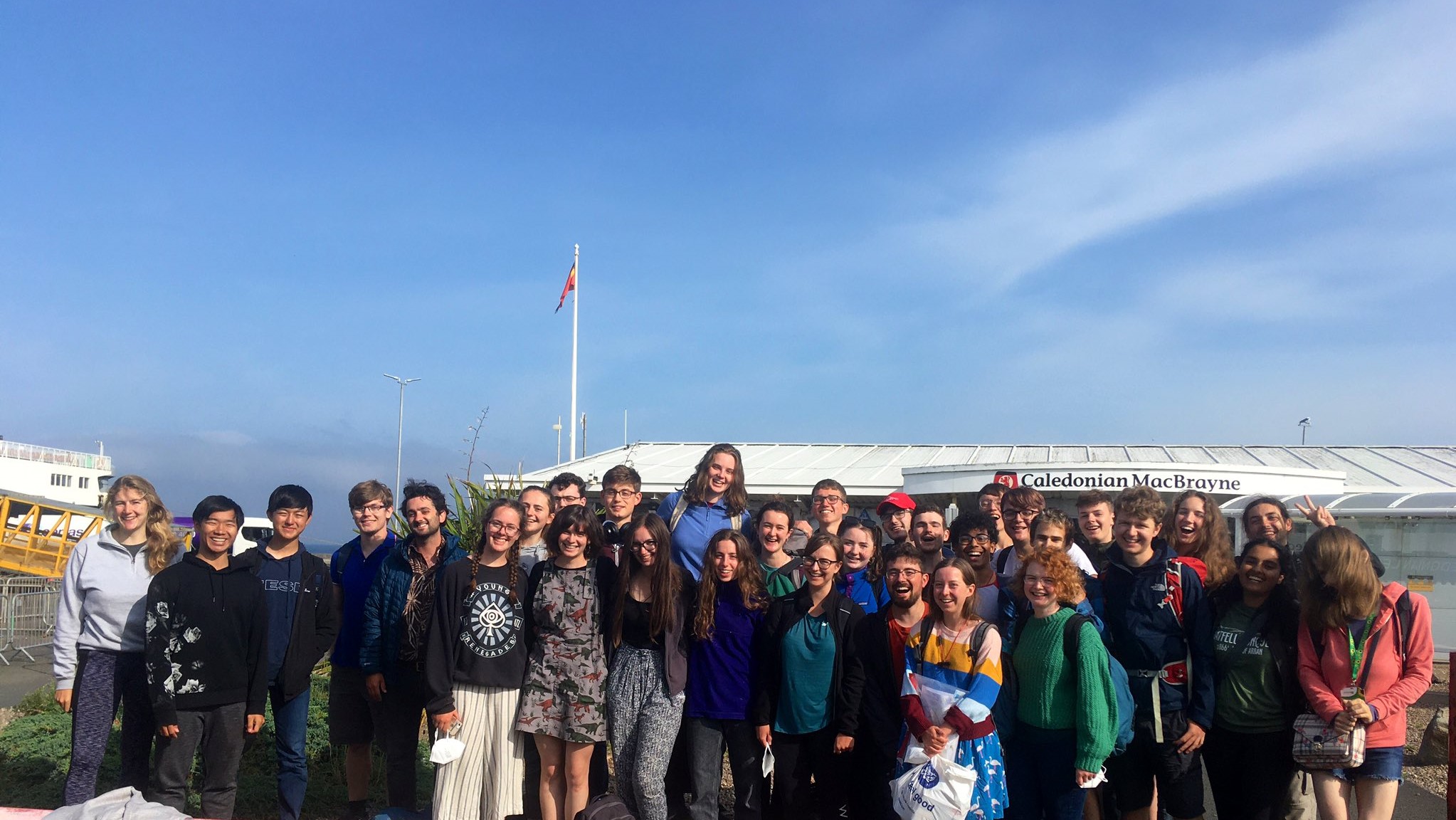This summer a team led by Dr Oscar Branson, including myself and fellow PhD students Winnie Fang and Alice Ball, headed to Taiwan for five weeks. We were on a mission to catch and culture open ocean plankton (specifically foraminifera) and our aim was to understand how they build their shells.
Continue reading “A Foray into Foraminifera”Reporting on the inaugural environmental geochemistry field trip to Provence
The Department recently launched its new Part II environmental geochemistry field projects as an alternative to the successful and long-standing mapping projects.
According to Ed Tipper, co-director of undergraduate teaching, “The decision reflects the diverse research areas of our teaching staff, combined with a growing student interest in pressing environmental issues. This year, 13 students enrolled in the new type of project, making it viable to develop a new field trip to train students ready for this environmental pathway.”
The following blog post is written by Tom Marquand, PhD student in the Department and demonstrator on the inaugural environmental geochemistry field trip to Provence, France.
Continue reading “Reporting on the inaugural environmental geochemistry field trip to Provence”In Conversation with Alex Liu
Dr Alex Liu joined the Department of Earth Sciences in 2016 and is an Associate Professor in Palaeobiology and a Fellow of Girton College. He reflects on his work with Erin Martin-Jones.
Continue reading “In Conversation with Alex Liu”Exploring the environments inhabited by Earth’s earliest animals in Namibia
Fossils of the Earth’s earliest animals appear abruptly in the geological record ~574 million years ago (Mya), and then suffer a mysterious decline in diversity just a few million years later ~550 Mya. Some researchers consider this biological change to be Earth’s first mass extinction event.
Continue reading “Exploring the environments inhabited by Earth’s earliest animals in Namibia”Into the Northwest Passage: four billion years of Earth history
I recently accompanied an intrepid group of Cambridge alumni on board the Ocean Endeavour as we sailed a section of the fabled Northwest Passage from West Greenland to the western Canadian Arctic.
Continue reading “Into the Northwest Passage: four billion years of Earth history”Arran 2022: best bits, as chosen by staff and students!
I can normally be found writing news stories or running outreach events for the Department, but this year I decided to dust off my walking boots and tag along to Arran with our first years to find out what makes this fabled Island so geologically exciting. Let’s just say it didn’t disappoint, and in the post below I’ve managed to condense down what — according to our students and demonstrators — makes this trip so special.
Continue reading “Arran 2022: best bits, as chosen by staff and students!”WACSWAIN: Time and ice
My last blog about the WACSWAIN project was in February 2020. We had just started the chemical analysis of our 651-metre-long ice core from Skytrain Ice Rise (Antarctica). The theme of this article is time – the first aspect being that a lot of time has since passed. Soon after I wrote last, our labwork was completely shut down by the pandemic, some of the team went back to their families in other countries, and we all learnt what Zoom meetings were.
Continue reading “WACSWAIN: Time and ice”Arran 2021: reporting on the successes of running a field trip in Covid-times
Nicholas Barber, 4th Year PhD Student, tells us about his experience as a demonstrator for this summer’s first year field trip to Arran – the first since the pandemic started.
Covid-19’s impact has touched each and every one of our lives. While the impacts of the pandemic have been devastating, in a much smaller way Covid-19 has completely reshaped what it means to study Earth Sciences at Cambridge. Traditionally, our students would spend a week over the Easter holiday tramping through the bogs and heather on the Isle of Arran – this would be their first taste of fieldwork and would be “the best revision any Cambridge undergraduate could ask for.”
Continue reading “Arran 2021: reporting on the successes of running a field trip in Covid-times”